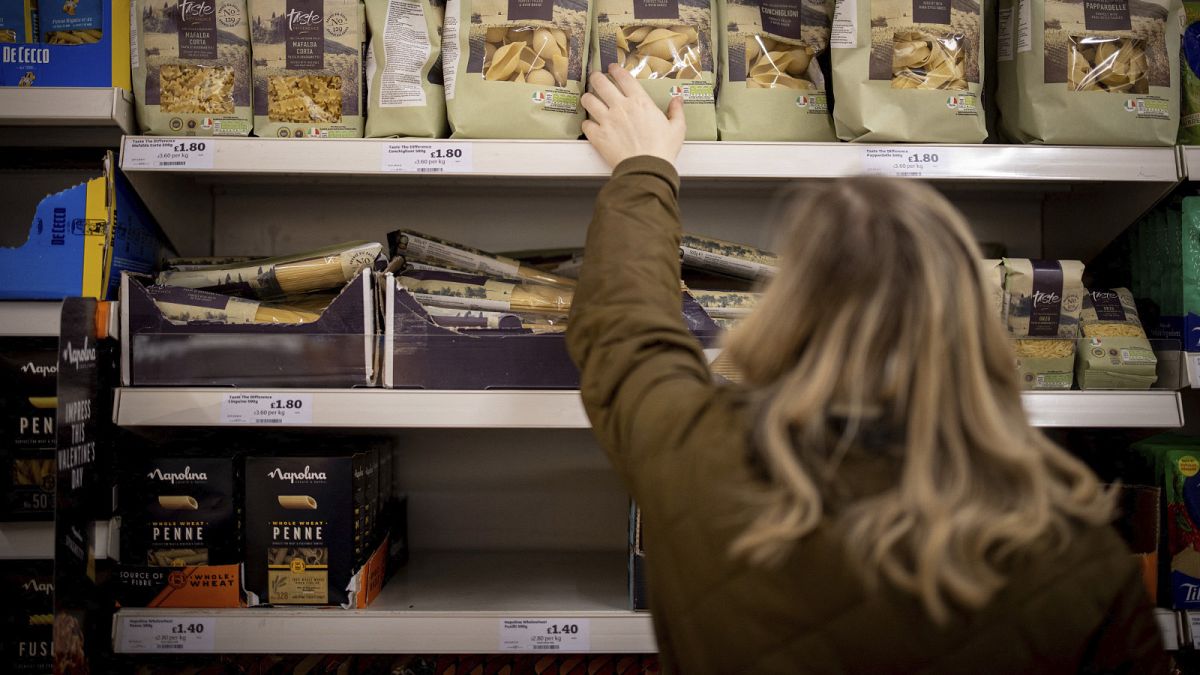"There is no doubt that we are still in a crisis situation," Vicky Pryce, Chief Economic Advisor at the Centre for Economics and Business Research in the UK, told Euronews.
The annual meetings of the International Monetary Fund and World Bank in Washington come as economies around the world face a confluence of crises, including the financial fallout from the pandemic, the war in Ukraine and inflation.
On Tuesday, the institution announced that global growth would slow to 2.7 per cent next year following the publication of the World Economic Report.
The report predicts that "the worst is yet to come," adding that for many, the next year "will feel like a recession".
In the UK, the economy looks set to slow sharply as surging inflation hits households and forces the Bank of England to raise interest rates quickly, even as activity stagnates. For 2023, Britain's economic growth is projected at just 0.3%.
Speaking to Euronews, Vicky Pryce, Chief Economic Advisor at the Centre for Economics and Business Research in the UK, said, "it's certainly worrying, and it's worrying in the UK, and it's worrying in Europe. And, of course, it's also worrying the International Monetary Fund."
"What we're seeing in the UK right now is perhaps the type of economic policy which is being unveiled going against what the world, if you like, would like to see in terms of getting back to normality."
"So generally, of course, what we've seen in the last few months is a tightening of both monetary and fiscal policy trying to get inflation under control," Pryce explained.
Many countries are already seeing major impacts of the invasion of Ukraine on their economies, and the IMF’s grim projections are in line with other forecasts for declines in growth.
The monetary fund's managing director Kristaline Georgieva urged the global decision-makers to prevent inflation from becoming uncontrollable.
“We cannot possibly allow inflation to become a runaway train — bad for growth, bad for people, bad especially for poor people,″ Georgieva told reporters on Thursday.
"There is no doubt that we are still in a crisis situation," Pryce said. "Any forecasts that were done before the war in Ukraine didn't take into account a very sharp increase in inflation that we've seen since."
"What is going on, of course, right now is that countries are facing this cost of living crisis. They're facing higher interest rates," she explained.
"The bond markets across the world are worrying about the level of debt that's been accumulated and will still continue to be accumulated over the next year because, of course, there's another crisis now to deal with," Pryce said.
Click on the video above to watch the full interview.


